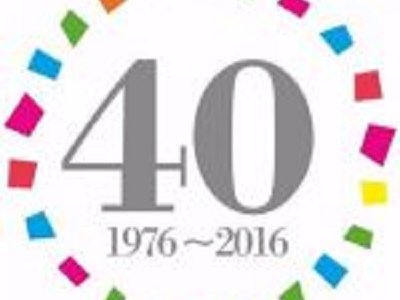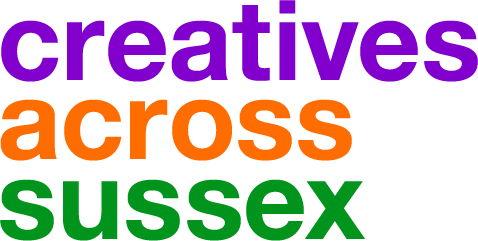
Suzanne Rider / News / Tue 07 Jun 2016
Let’s open up the creative workforce - JESS STARNS

As someone who is neuro-diverse I have always been aware of how hard it is going to be to enter the arts and creative industries compared to my peers. Having volunteered in the sector for six years, here’s my view on how employers can make the workforce more diverse and inclusive.
Remember not all disabilities are visible and others might not if know they have a disability, so you should think about these tips with anyone you are trying to recruit.
How do you look?
Think about your organisation's image. To outsiders, do you look accessible?
Are you developing and delivering programmes, such as educational sessions, that are inclusive to your visitors.
Are you relatable and human?
Are your applications complicated?
Uncomplicate them. Allow different options other than written applications, such as:
• film
• collage
• or even a mind map.
Consider sending the interviewee a profile and picture of the interviewer.
Don’t have a million questions to be answered with a small word count. And don’t get hung up on grammar. Are you more interested in grammar or the prospective interviewees’ previous experience and interest in working for you?
Before the interview
The more opportunities a person has, the more their confidence and self-belief grows.
Does there need to be a dress code? An interviewee might be stressing about wearing clothes they might not usually wear and this can be a distraction during the interview.
Consider sending the interviewee a profile and picture of the interviewer before the interview, so they can see and feel more confident about who they will be meeting.
What time is their interview? Travelling during rush hour or at lunch can be stressful before the interview starts.
Don’t judge a person by their confidence
From my own experience, I know I am confident, but unfortunately come across as over shy due to processing.
Neuro-diverse people can sometimes find social interaction difficult and be unaware of their own body language. They are not being uninterested or rude. Be open-minded.
During the interview
Questions?
Do you have to stick to the interview questions? Can’t you just have a chat?
Make sure your questions are clear and cannot be taken negatively and that they are visual questions.
Also make sure you are not skipping through the questions too quickly.
Tasks
A good thing to do it to get them to complete a common task needed for the job. Or ask for them to bring a portfolio of their previous work to talk through. This way you can find it easier to learn about their interest and enthusiasm for the role.
Distractions
Make sure there are no distractions while the interview is happening, such as noise or flickering lights. Interviewees might not know what to say when asked what support they might need at interview.
Facial expressions
My top tip when interviewing is to be aware of your facial expression. As soon as you give a negative facial expression it can really off-putting for someone with low self-esteem and they are worried for the rest of the interview.
I’ve seen this face a lot all the way through my life from teachers to employers. It makes me feel like you don’t understand me and there’s no connection to both our brain waves to even bother carrying on this conversation.
Neuro-diverse people can sometimes find getting all their words out in a linear order difficult when they have so much to say.
Opportunities make people grow
Previous negative experiences and lack of support will give someone low self-esteem.
The more opportunities a person has, the more their confidence and self-belief grows. It is an exciting time for organisations to collaborate with others.
Unfortunately having a disability usually means having a lower income, and disabilities can sometimes be expensive. Most creative jobs are low-paid, which won’t help with diversifying the workforce, but an upside could be that the flexible working hours can be beneficial.
Shape Arts have supported Jess with delivering an art workshop for her unregistered charity Dyspraxic Me (a peer transition support group for young adults with dyspraxia).
This article is part of series of insights to help celebrate the 40th birthday of disability-led arts organisation Shape.
Jess Starns has been nominated for the National Diversity positive role model award.
For more information visit https://ccskills.org.uk/careers/blog/lets-open-up-the-creative-workforce?utm_source=newsletter293&utm_medium=email&utm_content=Let%E2%80%99sopenupthecreativeworkforce&utm_campaign=newsletter
